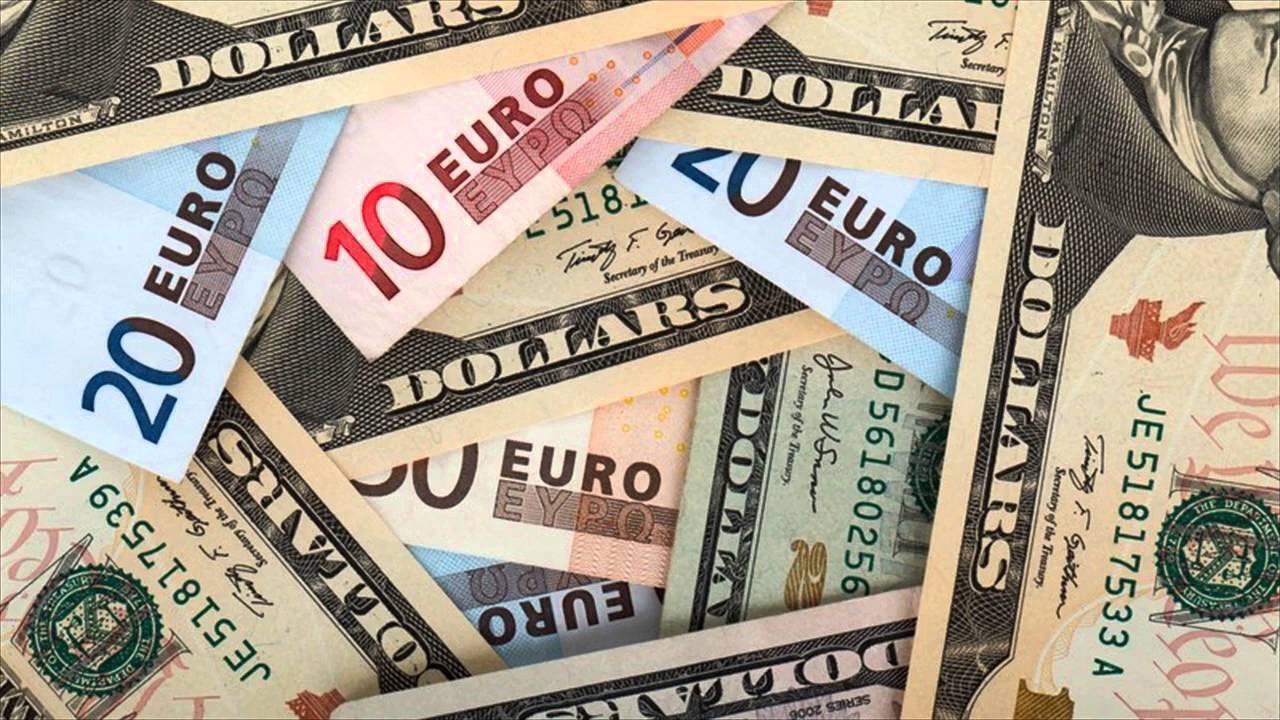EU stocks, oil prices rise, euro at 5-year low against USD
Though stock and oil prices are rising in Europe, the continent's currency has fallen to its lowest rate against the dollar since April 2017.
-

US dollar and euro
European stock markets and oil prices surged on Wednesday after enduring heavy losses against the US dollar amid widespread economic unrest.
European Dutch TTF gas prices rebounded slightly following a decision from the Russian Gazprom oil giant to halt energy shipments to Bulgaria and Poland in response to their refusal to pay for gas in rubles.
Russian energy giant Gazprom announced on Wednesday that it had completely suspended gas supplies to Bulgaria's largest natural gas distribution company Bulgargaz and Polish oil and gas company PGNiG, as the companies failed to pay for gas in rubles.
Russia had notified the West that it needed them to pay for gas deliveries in rubles, with Kremlin spokesperson Dmitry Peskov saying his country would not deliver gas to Europe for free, in a reiteration of President Vladimir Putin's that Russia would not accept anything but rubles for gas deliveries to "unfriendly countries."
The Kremlin also explained on Wednesday that the suspension of natural gas shipments to Poland and Bulgaria was due to their reluctance to pay in rubles and the outcome of hostile acts toward Russia.
Traders on Wednesday had been unpicking the "familiar concerns about tech earnings, inflation, interest rates, China's lockdown... and the war in Ukraine."
Asian stock markets had earlier today closed lower, though they suffered losses less sharp than they did Tuesday on Wall Street.
The economy is deteriorating due to weak earnings for the world's biggest companies over the course of the past several weeks.
Tech firms, heavily reliant on debt to grow, cost Wall Street heavy losses, fearing that the Federal Reserves was at the beginning of a period of sharp interest-rate increases aimed at taming surging inflation.
The Euro briefly fell under $1.06, recording its lowest level in 5 years, with analysts casting the blame on the Fed hiking rate and the European Central Bank standing idle.

 2 Min Read
2 Min Read









